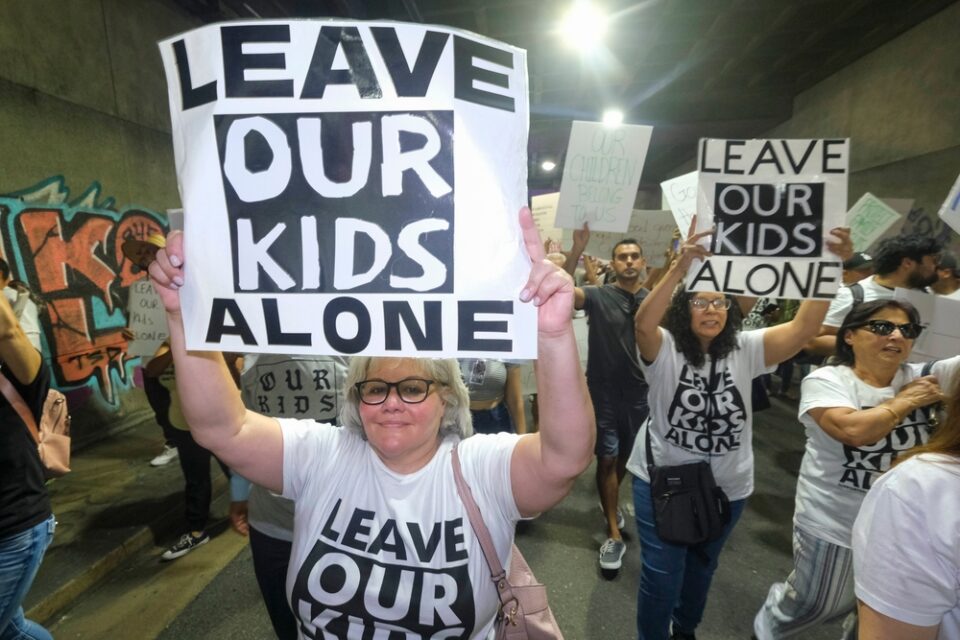A recent poll from the Napolitan News Service has unveiled a striking reality: nearly three-quarters of American voters believe it should be illegal to subject children to transgender medical interventions. The procedures in question—puberty blockers, hormone therapies, and irreversible surgeries—are increasingly viewed as crossing a line, with opposition growing by 10 points since August. Despite the progressive effort to normalize these practices, the majority of Americans seem unconvinced, treating the notion of medical experimentation on minors as a step too far.
Interestingly, this pushback isn’t confined to one political aisle. While 86% of Republicans predictably oppose these interventions, a notable 58% of Democrats share the sentiment. The bipartisan agreement signals a broader cultural skepticism toward using childhood as a battleground for radical ideologies. Pollster Scott Rasmussen’s findings come in the wake of an election where cultural issues dominated, and Vice President Kamala Harris’s fixation on these matters was often cited as a reason voters turned away. Her preoccupation with fringe topics, critics argue, came at the expense of addressing everyday concerns like the economy and public safety.
Public education is another front in this cultural clash, with 68% of voters rejecting the teaching of gender ideology in schools. Yet some states, like Massachusetts, are doubling down, introducing lessons on gender identity as early as kindergarten and explicitly barring parents from opting out. This defiance of parental preferences is fueling outrage, especially in light of California’s recent law preventing schools from informing parents if their child expresses a desire to transition. With 73% of voters demanding parental notification, such policies appear wildly out of step with public opinion.
Republicans have seized the moment, making the issue central to their campaigns and using it to corner Democrats into uncomfortable positions. The case of Rep. Vicente Gonzalez Jr. is emblematic: once a backer of the Equality Act, which critics argue emboldens radical gender policies, Gonzalez has since scrambled to clarify that he “never supported sex changes for kids.” To many conservatives, this backpedaling is as transparent as it is predictable, signaling the growing toxicity of the issue for Democrats.
Meanwhile, President-elect Donald Trump and Vice President-elect JD Vance have taken firm stances against what they call the left’s “gender insanity.” Trump has pledged to ban all gender-altering procedures for minors, framing it as an act of child protection against what he describes as systemic abuse. Vance echoed this view, lambasting the idea of permanently altering a child’s body as “crazy” and promising swift action to end the practice. Trump has also proposed sweeping legislation to prohibit such procedures nationwide, portraying the fight as a moral crusade to safeguard America’s youth from what he calls “chemical, physical, and emotional abuse.”
These developments reflect a widening divide in the cultural and political landscape. Conservative leaders are positioning themselves as defenders of parental rights and childhood innocence, while Democrats find themselves increasingly on the defensive. If public sentiment continues shifting against these policies, the issue could become a political albatross for the left. For now, it seems the American public is drawing a firm line in the sand, and the battle over these deeply divisive practices is far from over.

